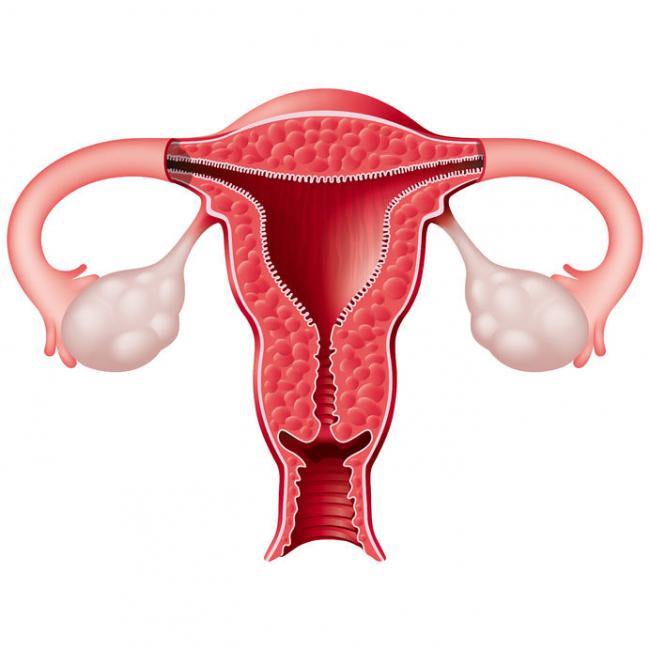Newsletter
Your subscription could not be saved. Please try again.
You've successfully subscirbed to Naturopathic Currents monthly newsletter!
Most Popular
- 19 Jun 19
- 14 Feb 17
- 27 Jan 21
- 16 Jan 16
- 17 Jun 13
- 17 Jun 13
- 17 Jun 13
- 01 Jul 13
- 17 Jun 13
- 17 Jun 13
- 17 Jun 13
- 01 Jul 13
- 17 Jun 13
- 17 Jun 13
- 17 Jun 13
- 01 Jul 13












